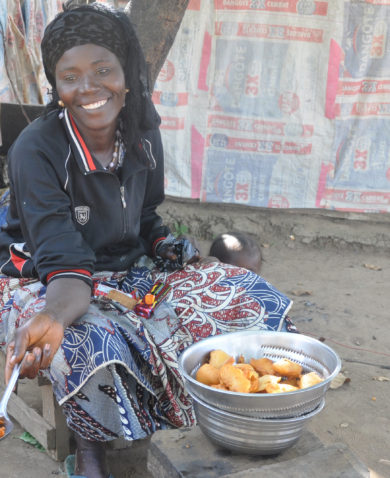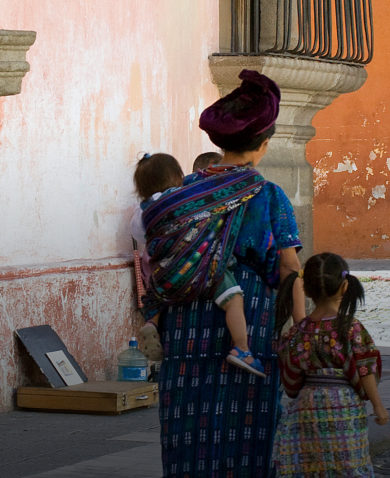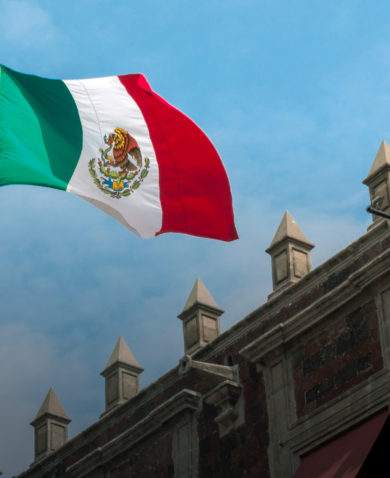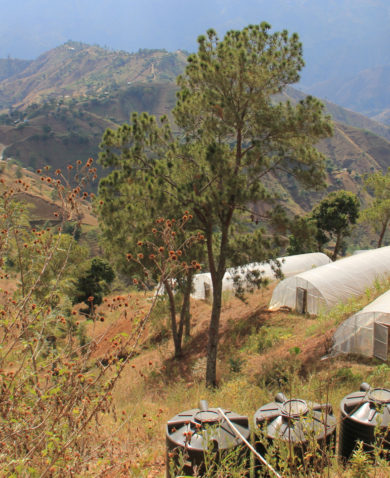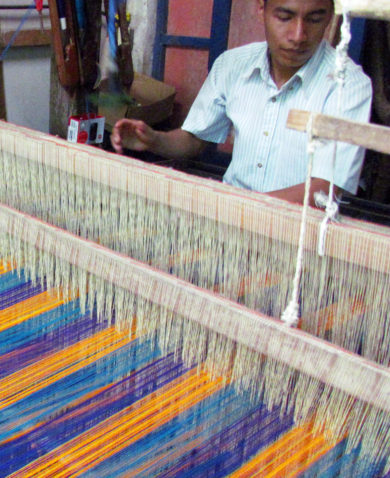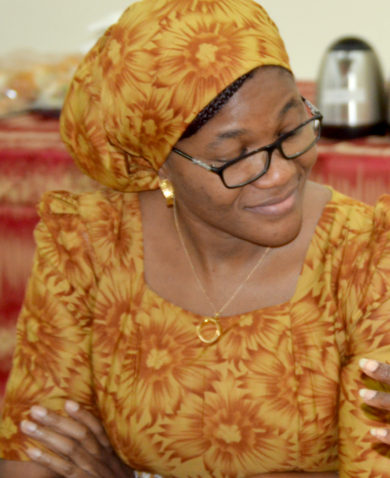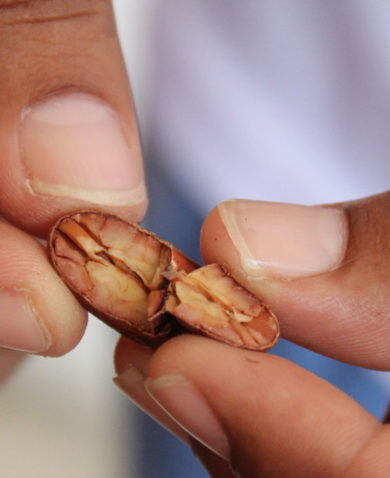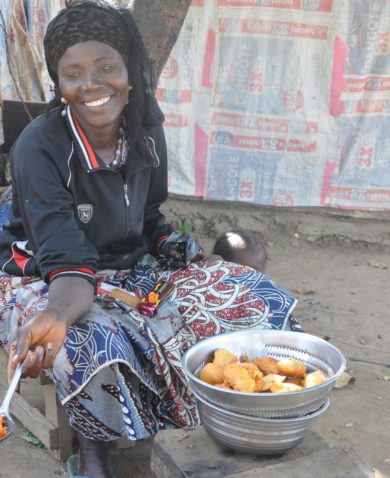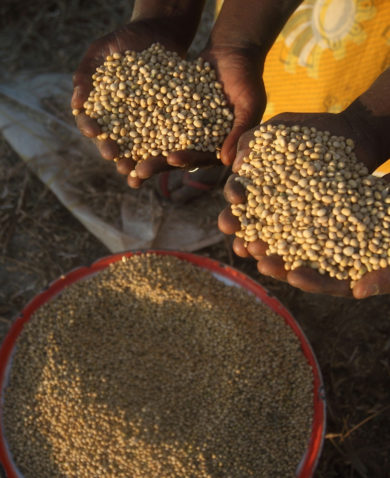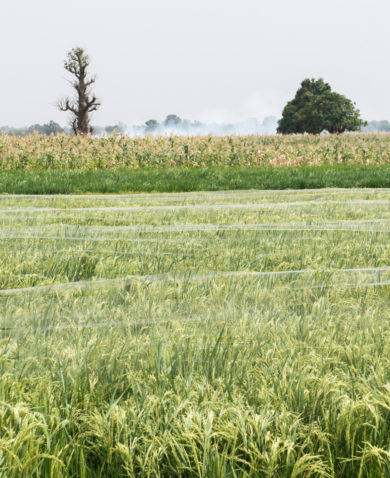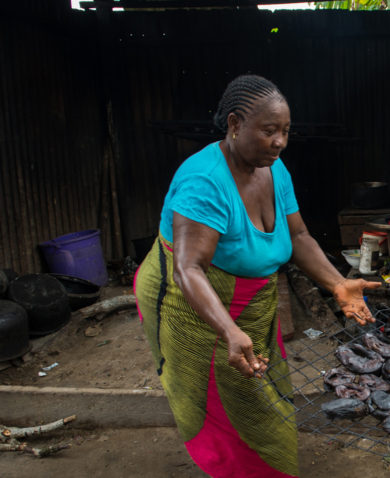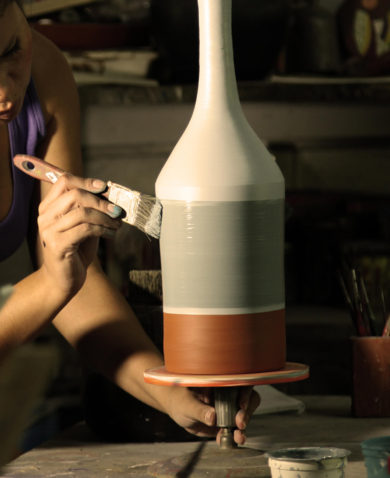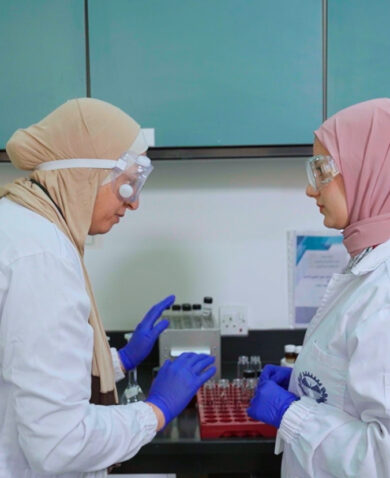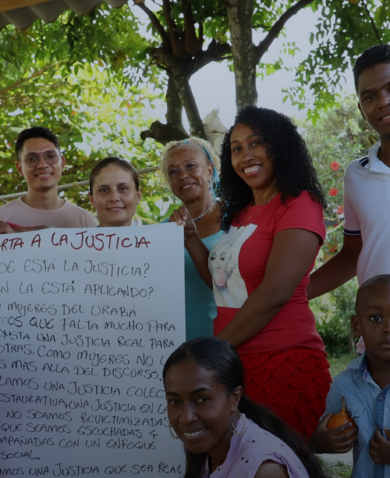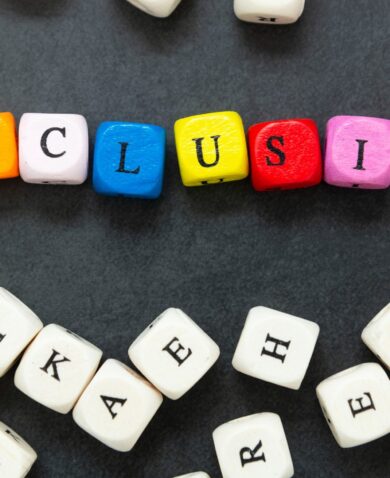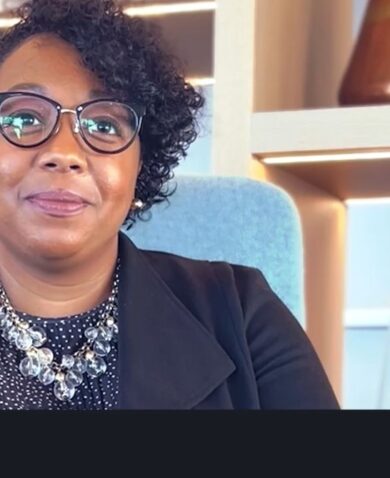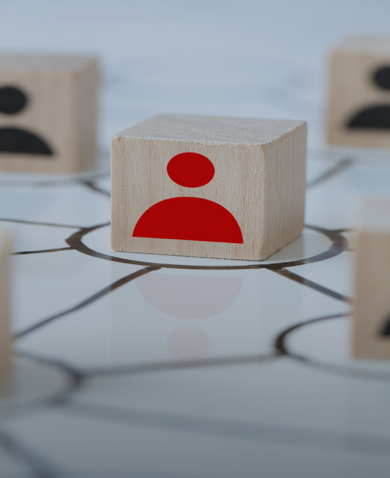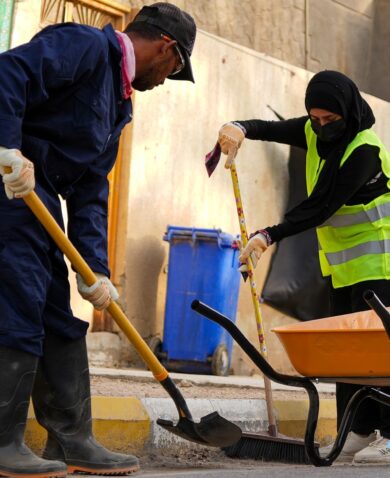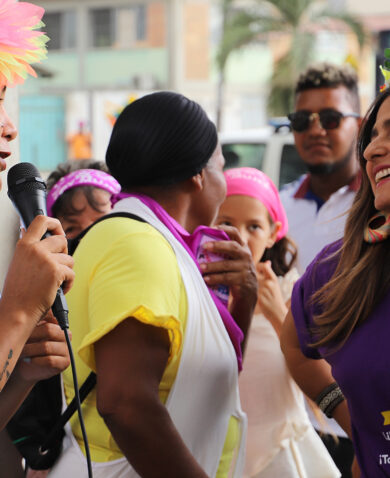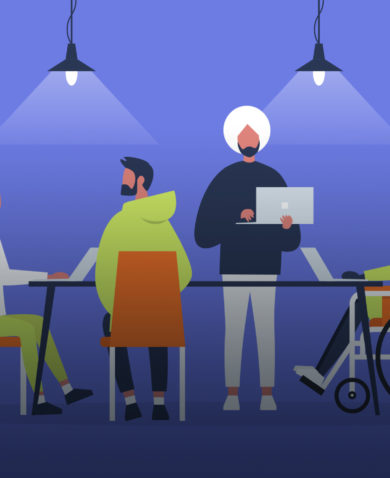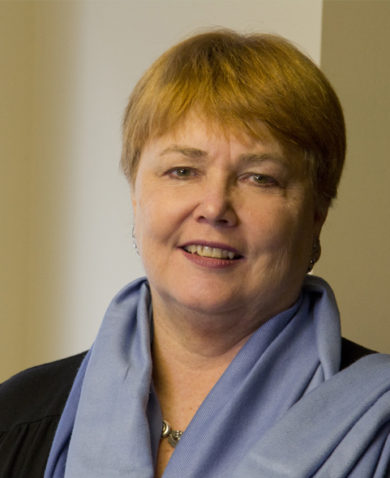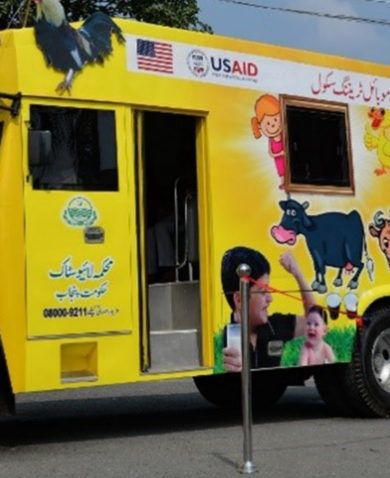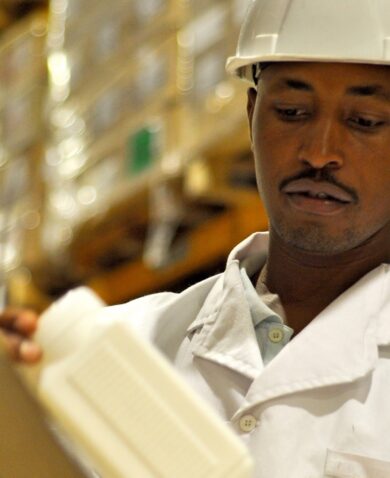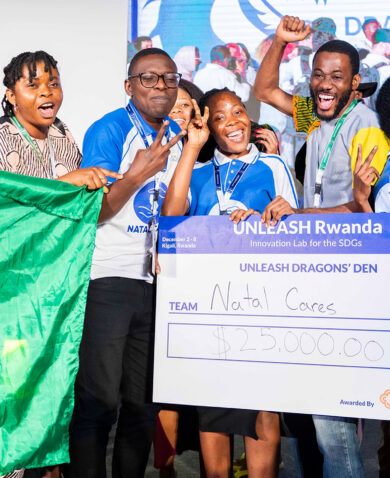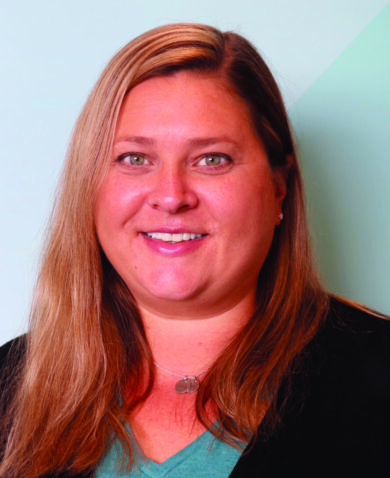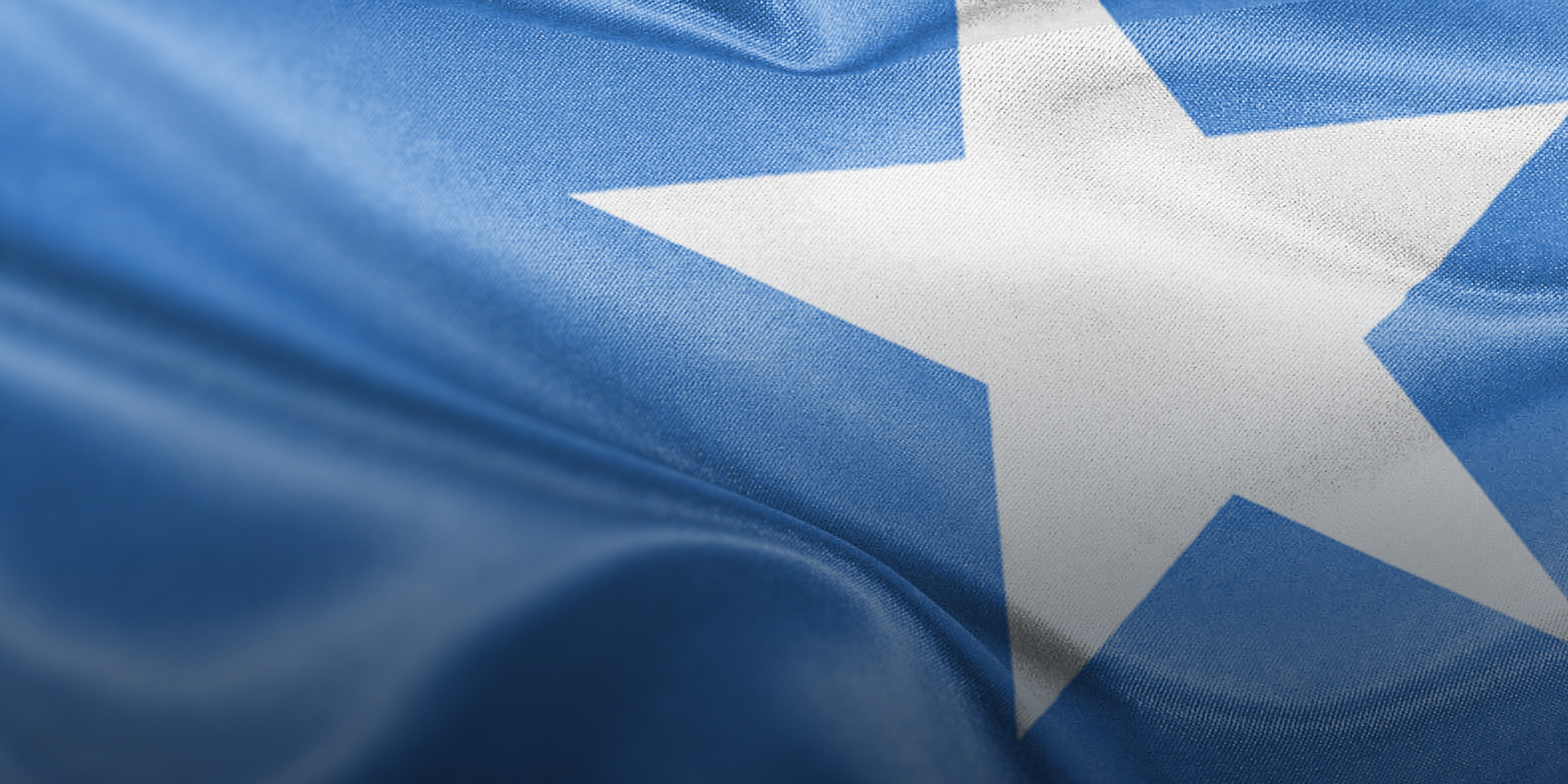
3 Questions with Fatima Ahmed: Inclusive Development in Somalia
September 21, 2016 | 2 Minute ReadGender specialist Fatima Ahmed discusses why inclusive development for women, people with disabilities, and others is so important for the future of Somalia.
Why is social inclusion important for the development of Somalia?
The crime rate in Somalia remains high, and weak government institutions often fail to bring justice. The marginalized populations in our society, such as youth, persons with disabilities, persons living with HIV, internally displaced persons (mostly women and children), and the poor, are often ignored by our communities, and government institutions do not address their needs.
Somali women face acute challenges today. Women’s political participation remains limited and is discouraged. Even more marginalized are women who are subjected to domestic violence, single mothers, women with disabilities, and women living with HIV. They are usually outcasts in their communities and are not supported when, for example, they try to start up small businesses or seek employment.
Cultural stereotypes and a lack of political will make it difficult to support the inclusion of these groups in our society. But inclusion is important for the development of Somalia because development should not leave people behind. Being more inclusive will decrease the stigma and discrimination that marginalized populations face and make them less vulnerable to attacks, harassment, and illegal arrest.
What is an innovative approach that you or your project have taken to include marginalized groups in Somalia’s development?
Our project was first to introduce and support the minimum 30 percent quota resolution, which enables Somali women to take 30 percent of the seats in the upper and lower houses of parliament. We are also creating TV shows to advocate for the adoption and enforcement of a quota system at all levels of government, particularly at the leadership level. This is an ongoing process, and we face challenges because not everyone supports women’s empowerment and inclusion. With respect to other marginalized groups, we focus on advocacy and physical access for people with disabilities. For example, we are helping the Ministry of Public Works and Reconstruction to develop inclusive building codes.
What are the biggest challenges you have encountered while pushing for inclusive development? What lessons have you learned?
Building support for legislation that promotes gender equality can be challenging. Women’s representation in government is low, and we have to engage men as main allies to push for women’s rights. Besides the institutional barriers, it has been difficult to change the public stigma around professional women and to empower women to take up these positions. It is necessary for development practitioners to be patient, to be resilient, and to recognize the significance of such change within institutions and in Somalia as whole.
We have learned that establishing committees to advise on and monitor the implementation of fundamental changes and the allocation of resources for marginalized groups are effective means to promote inclusion. Information sharing, as well as resource and knowledge exchanges, have played an integral role in coming up with solutions to foster inclusion. Learning from best practices on inclusion from other countries, Somalia can use or adapt proven tools and highlight the urgency of including marginalized groups in its development.


